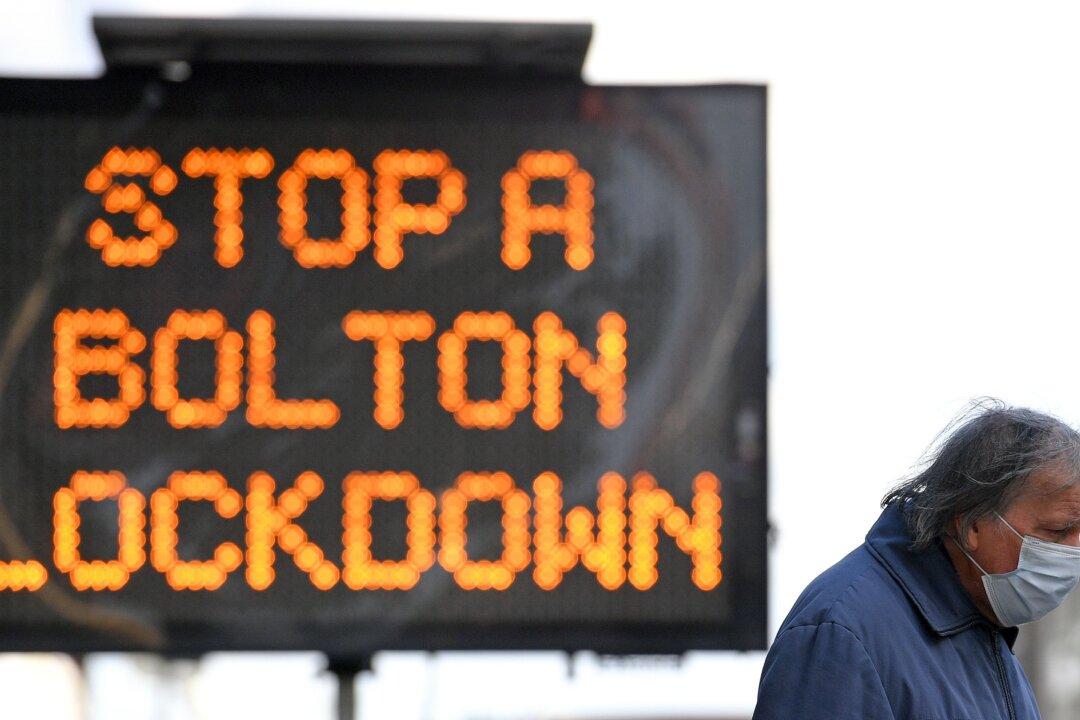Commentary
As a legal academic I have often been asked when it becomes legally possible to disobey unjust laws. This appears to be an important question, especially in these days of arbitrary government and constant violations of fundamental rights.

As a legal academic I have often been asked when it becomes legally possible to disobey unjust laws. This appears to be an important question, especially in these days of arbitrary government and constant violations of fundamental rights.